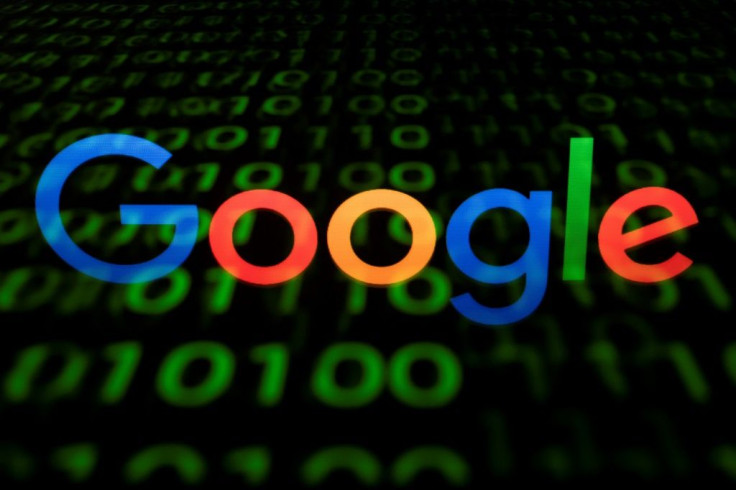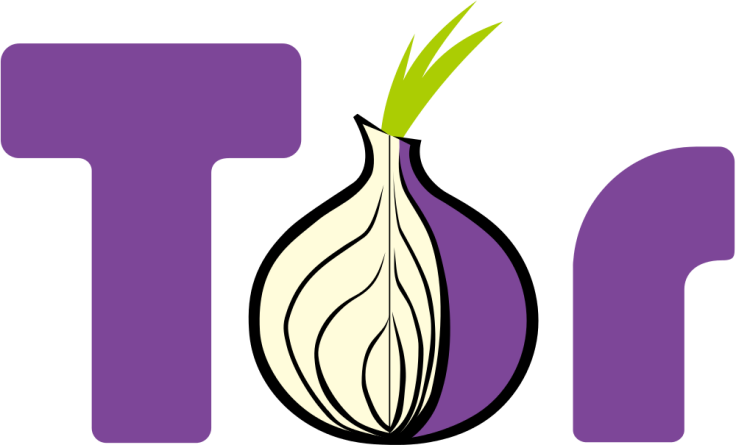New Privacy Browser Brave Launches, Pays Users For Ads

Brave just launched the latest version of its web browser that allows users to get paid by viewing ads.
Brave's version 1.0 was released on Wednesday and is available for Windows, macOS, Linux, Android and iOS. Version 1.0 is the upgrade to its beta version that already has 8 million users.
Stacked against other browsers, Brave promises to deliver faster speed and better privacy. One of its key features that support its aim is a built-in ad-blocker, which is inherent in some other browsers but requires setting up -- Brave, by default, has its ad-blocking feature turned on -- plus anti-tracking capabilities.
While talking about the app, CEO and founder Brendan Eich told Tech Crunch, "Everybody's bothered by the sense of being tracked and bothered by bad ads."
"But I think ad aesthetics are not the problem. It's the tracking and the cost of tracking which is multifarious. There's page load time, running the radio to load the tracking scripts that load the other scripts that load the scripts that load the ads, that drains your battery, too," he explained.
Brave also offers private browsing using The Onion Router or Tor network that makes it difficult for users to be identified.

Crypto reward
Aside from the privacy features, Brave rewards users for viewing ads with their version of cryptocurrency. Brave brings together content creators and users in an ecosystem where both parties get rewarded.
By opting in for advertisements, users earn what the company calls BAT or Basic Attention Tokens. A separate tab for viewing ads is made available and is isolated from the content of the publisher, making the whole ad thing purely optional.
With the BATs they earn, users can either "tip" their favorite publishers, exchange it for gift cards and restaurant vouchers or cash it in with Uphold. This model works with Brave receiving 30 percent of ad revenue and users getting 70 percent.
This kind of system for rewarding users with crypto is what Facebook also planned to do with Libra. According to a report from Business Insider in June, the social media giant is devising a way for publishers to monetize their content. This isn't the same as Brave's model since users will be the one conferring the tokens to publishers (not Brave) and content creators only get 55 percent ad revenue share.
© Copyright IBTimes 2025. All rights reserved.



















